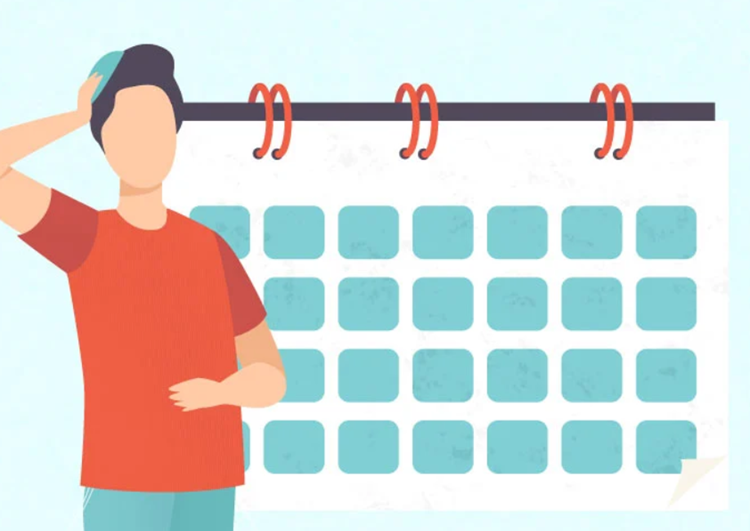How Do Leap Years in the Jewish Calendar Affect the Timing of Passover
The Jewish calendar is a vital tool for identifying the dates of important religious events because of its deep roots in custom and moon cycles. This also applies to one of the most popular Jewish holidays, Passover. Gaining insight into the complex connection between leap years and Passover dates on the Jewish calendar reveals an intriguing aspect of the religious celebration.

A Lunar and Solar Blend
The Jewish calendar is a lunisolar calendar, in contrast to the commonly used Gregorian calendar. This implies that it blends solar years with lunar months, resulting in a nuanced harmony between the solar seasons and the moon’s phases. A typical Jewish year is made up of twelve lunar months, or around three hundred and fifty days. This does not, however, equal the length of the solar year, which is around 365.25 days.
Leap Years and the Jewish Calendar
The Jewish calendar uses a leap year scheme to balance the lunar and solar aspects. In a 19-year cycle, there are seven leap years. Adar II, an additional month, is added during certain leap years. By doing this, the progressive drift that would otherwise occur is avoided and the Jewish calendar is guaranteed to match more closely with the solar year.
A Festival of Liberation
The holiday of Passover, also known as Pesach, honors the release of the Israelites from Egyptian slavery. The fifteenth day of the Jewish month of Nisan marks the start of this important celebration. Passover is important because it commemorates the precise period the Israelites were told to slay a lamb and mark their doorposts with its blood to prevent the angel of death.
The Impact of Leap Years on Passover
The time of Passover is directly influenced by leap years. The leap year causes the calendar to be shifted, including the date of Passover, since it adds one additional month. Adar II’s placement guarantees that Passover will always be associated with the growing seasons and the spring equinox. If this wasn’t changed, Passover would eventually become a separate holiday every year.
Ensuring Passover in Spring
To fulfill the biblical injunction to celebrate Passover in spring, the Jewish calendar, leap years, and Passover must be linked. The Jewish calendar keeps Passover from slipping into the summer by adding leap years, which keeps the holiday’s agricultural and historical roots intact.
Conclusion:
Learning how leap years in the Jewish calendar effect Passover helps you appreciate the careful calculations that balance the celebration with the seasons. Passover dates on the Jewish calendar are not coincidental; rather, they are evidence of the complex interaction of lunar and solar forces. Let us consider the wisdom of the Jewish calendar as we celebrate Passover to keep this celebration of freedom grounded in history and tradition.



Commenti recenti